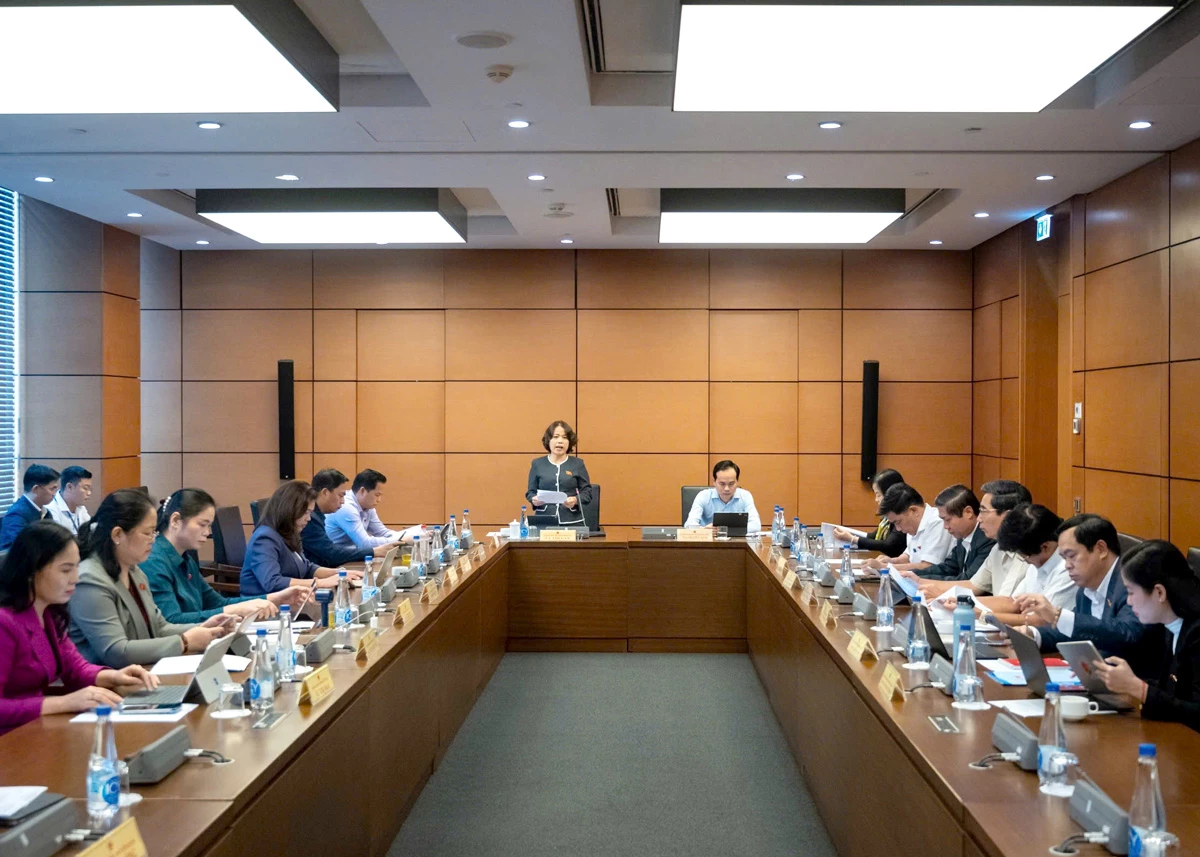 |
| Delegates at the group discussion session. |
Participating in the discussion on the draft Law on Personal Income Tax, delegate Ma Thi Thuy, member of the Provincial Party Committee, Deputy Head of the Provincial Delegation of National Assembly Deputies, basically agreed with the continued provision of family deductions in the Law. However, the delegate said that Personal Income Tax stipulates a common level for all subjects, which is inappropriate. The adjustment needs to ensure fairness, reasonableness and practicality.
According to the delegate, the principle that needs to be ensured when regulating the deduction level is fairness and reasonable. The deduction level must accurately reflect the living conditions of taxpayers in each rural and urban area, especially the middle and low income group; consistent with the principle of personal income tax based on tax payment ability; must be linked to actual prices and inflation. For many years, the deduction level has not been adjusted, while the cost of living, education , health care, etc. has increased. This reduces the meaning of ensuring tax fairness.
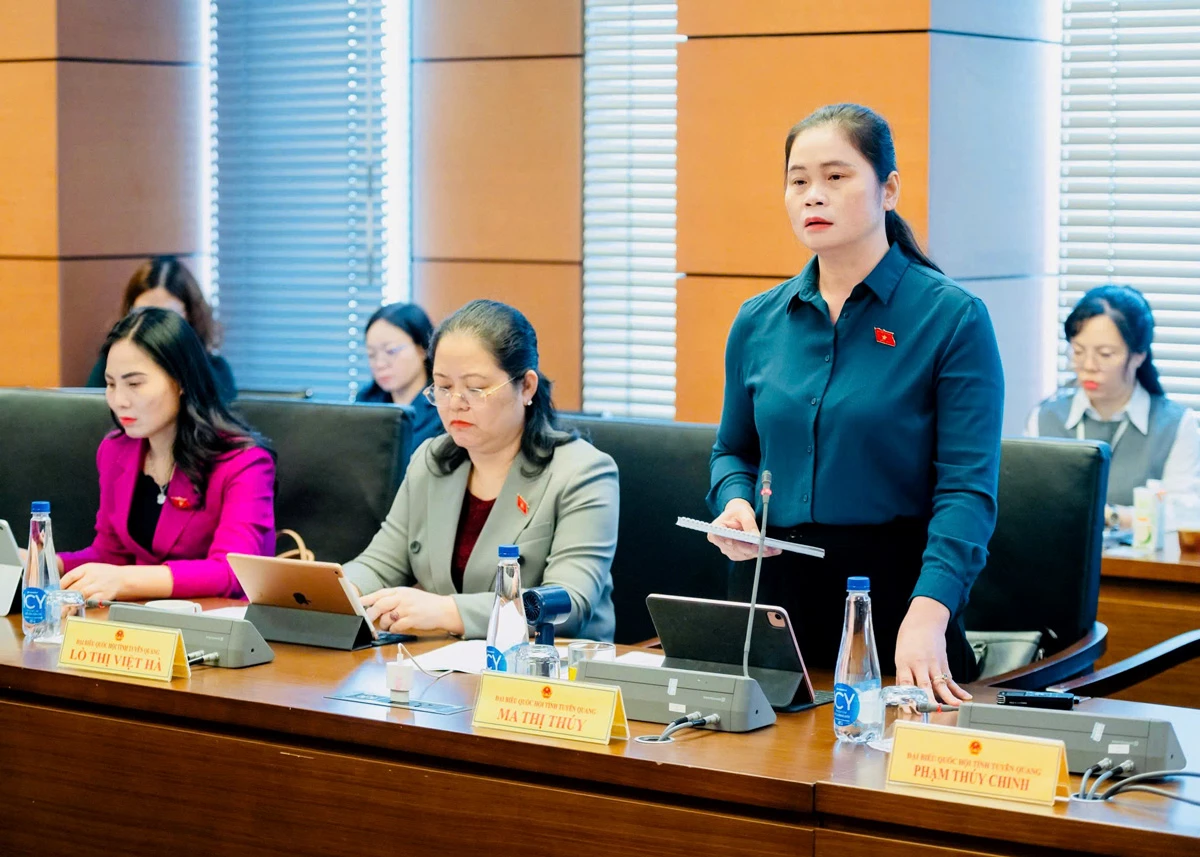 |
| Delegate Ma Thi Thuy spoke in the discussion. |
The Deputy Head of the Provincial Delegation of National Assembly Deputies proposed to increase the deduction level for taxpayers and dependents in a flexible manner. Stipulate higher family deduction levels for each specific dependent group such as children studying at university or college, dependents who are disabled, seriously ill, or people who have lost the ability to work, with separate levels, children under 18 years old, classify dependents more clearly, avoiding inadequacies in identification. There should be no equalization between dependents, and at the same time, there should be a simple and convenient identification and declaration mechanism that can be reviewed periodically every 2-3 years.
Regarding the adjustment mechanism, delegates proposed to stipulate a mechanism to automatically adjust the family deduction level when the consumer price index (CPI) fluctuates beyond a certain threshold, instead of having to wait for a law amendment. At the same time, the Government should be assigned to provide detailed regulations and periodically update them to ensure flexibility and suitability for each period.
Discussing the draft Law on Thrift and Anti-Waste, delegate Ma Thi Thuy suggested that the drafting committee study, review, and redefine the reasonable boundaries of the scope of regulation, focusing on regulating the state sector, where public resources are used and managed; for the private sector, households, and individuals, regulations should only be at the level of encouragement, propaganda, and mobilization to practice thrift and anti-waste, avoiding setting legal obligations or administrative sanctions that are difficult to enforce.
Regarding the explanation of terms: Delegates proposed to study, supplement and revise the content in Clauses 1 and 2, Article 5 to clearly show the criteria for evaluating "effective use of resources"; supplement regulations on responsibility for evaluating the results of using public resources according to efficiency criteria and achieved goals, not only based on the level of spending compared to the norm.
Delegates also gave their opinions on the following contents: Providing and processing information on detecting waste and protecting those fighting against waste (Article 7); public content on saving and fighting waste (Article 12) and forms of publicizing saving and fighting waste (Article 13)...
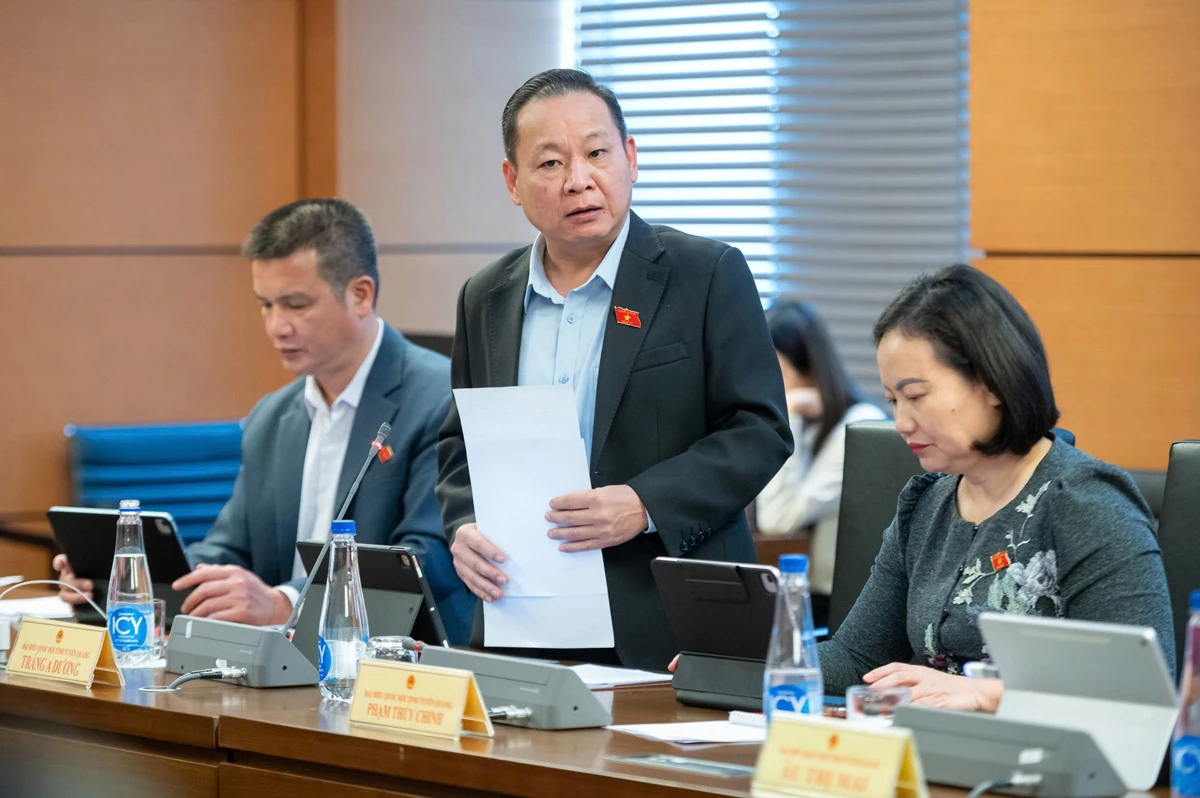 |
| Delegate Trang A Duong spoke in the discussion. |
Also giving comments on the draft Law on Personal Income Tax (amended), delegate Trang A Duong (full-time member of the National Assembly's Ethnic Council) emphasized that after nearly 20 years of implementation, the law still has many limitations and shortcomings, requiring further improvement to fully institutionalize the Party's policies in important resolutions of the Politburo and the National Assembly, and overcome difficulties arising in practice.
Delegates proposed adding a separate article on "Explanation of terms" to clarify new and inconsistent concepts such as digital assets, green bonds, venture capital funds, etc. to ensure clarity and accuracy.
Regarding income from transferring auctioned car license plates, it is proposed to expand the scope of application of income from transferring auctioned car license plates to include license plates of motorbikes and scooters to be consistent with the Law on Road Traffic Order and Safety.
There are still overlaps in income from copyright in the field of science, technology and innovation, affecting the determination of tax obligations. Delegates proposed to add an exclusion factor: “Income from transferring or transferring the right to use intellectual property objects, except for the cases specified in Clause 18, Article 4 of this Law.”
Regarding tax exemption for high-quality human resources: Delegates said that the regulation of 5-year tax exemption for high-quality digital technology human resources is not feasible, easily leading to omission or duplication of subjects due to job transfer, so it is proposed to only reduce tax or clearly stipulate the tax exemption period not exceeding 5 years of continuous work from the time of signing the first labor contract.
According to delegate Trang A Duong, this amendment to the Personal Income Tax Law not only aims to improve enforcement effectiveness, but also aims for transparency, fairness and suitability to socio-economic development practices, contributing to encouraging innovation, promoting high-quality human resources and enhancing tax management efficiency.
PV
Source: https://baotuyenquang.com.vn/thoi-su-chinh-tri/tin-tuc/202511/pho-truong-doan-dbqh-chuyen-trach-tinh-ma-thi-thuy-linh-hoat-muc-giam-tru-gia-canh-giam-ganh-nang-cho-nguoi-nop-thue-8c222e8/





![[Photo] Opening of the 14th Conference of the 13th Party Central Committee](https://vphoto.vietnam.vn/thumb/1200x675/vietnam/resource/IMAGE/2025/11/05/1762310995216_a5-bnd-5742-5255-jpg.webp)






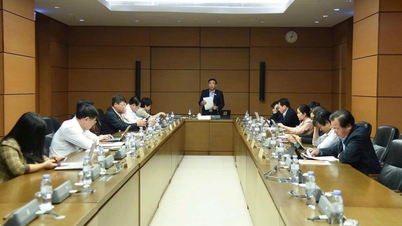

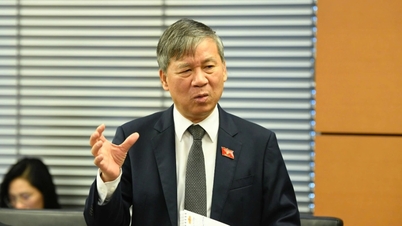

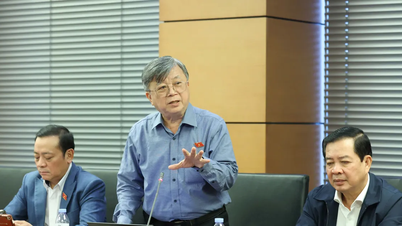


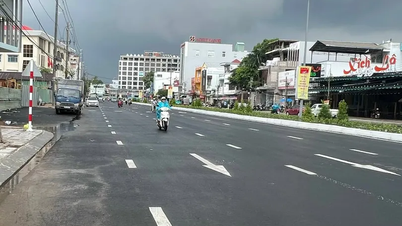

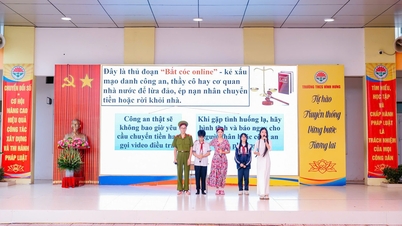


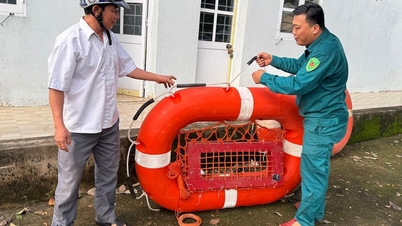


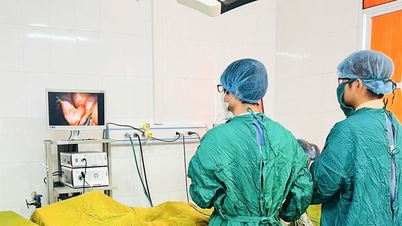






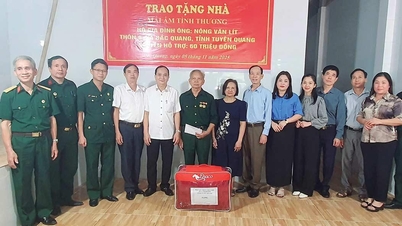
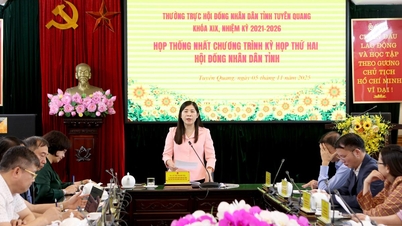
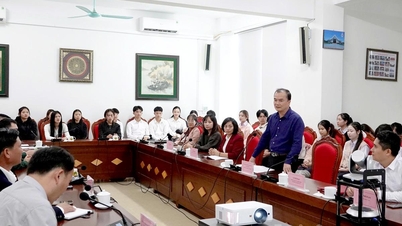
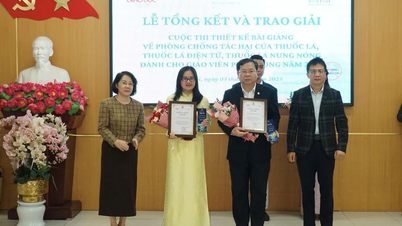


![[Photo] Panorama of the Patriotic Emulation Congress of Nhan Dan Newspaper for the period 2025-2030](https://vphoto.vietnam.vn/thumb/1200x675/vietnam/resource/IMAGE/2025/11/04/1762252775462_ndo_br_dhthiduayeuncbaond-6125-jpg.webp)


































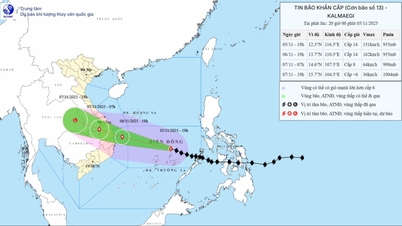














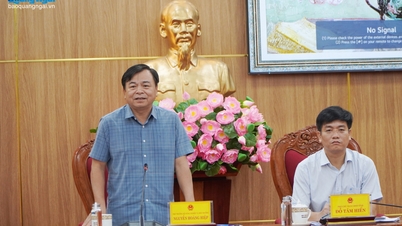


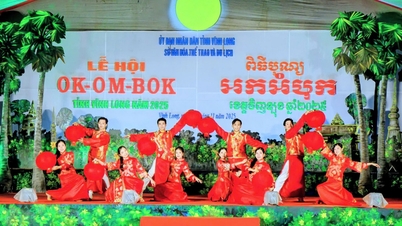




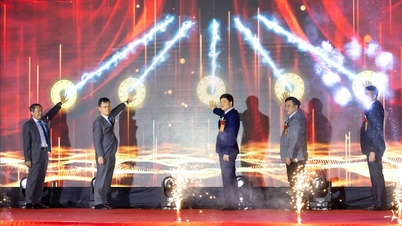











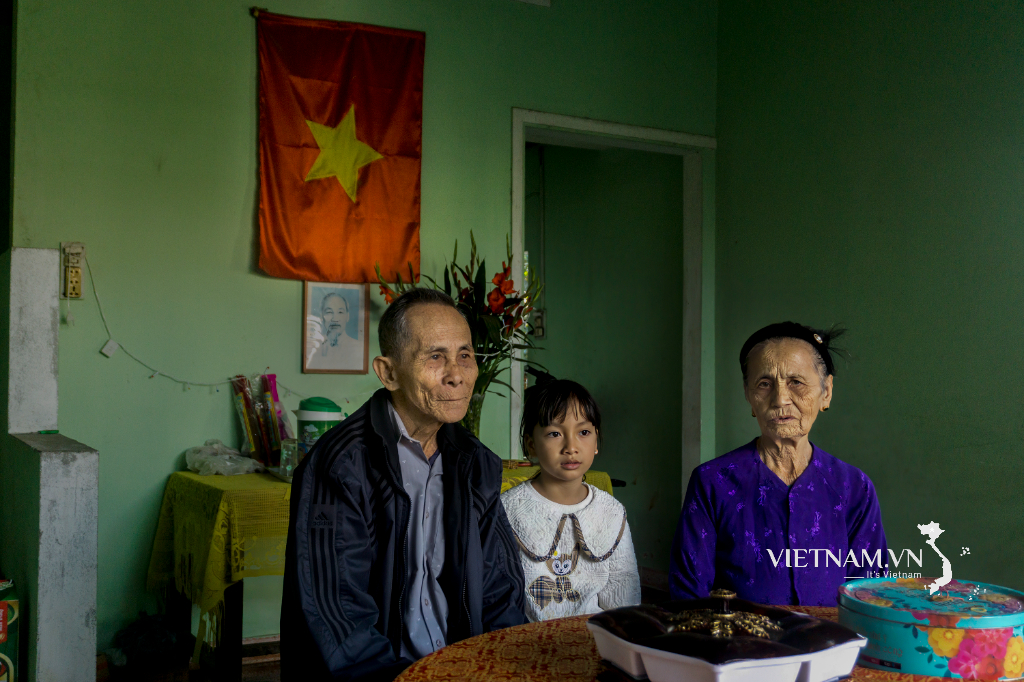


Comment (0)